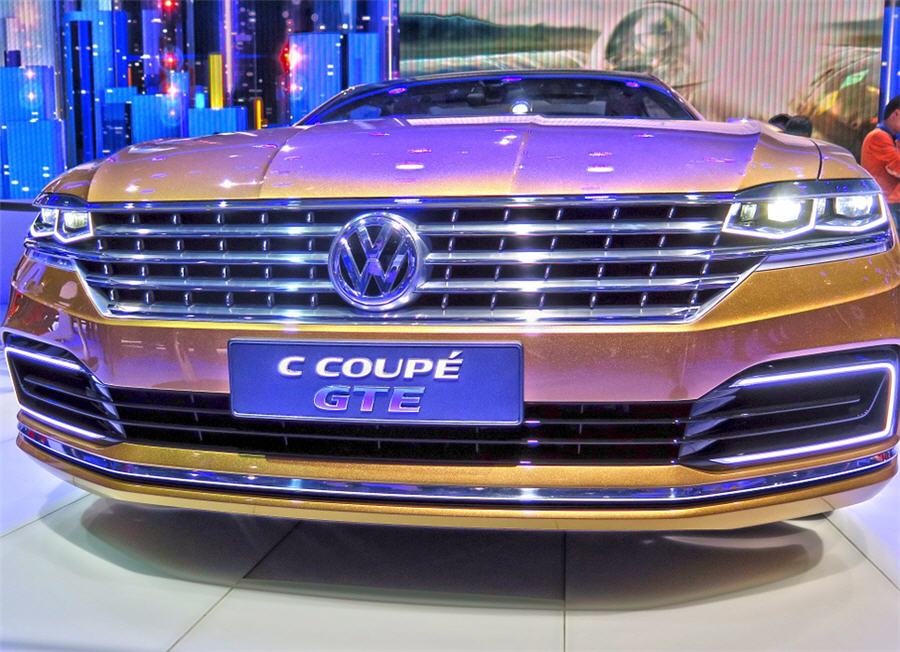SK Innovation CEO sees EV battery business breaking even by 2021

SK Innovation Co., a supplier to automakers including Volkswagen AG, is aiming to break even on its electric-vehicle battery business by 2021, when it expects to reach mass production rates at plants being built now.
The South Korean company, which earns money today from its core oil-refining and petrochemical operations, expects to ramp up EV battery-cell capacity from about 5 gigawatt hours now to 20 GWh later this year, then double that amount next year.
“Although we will have built up 20 GWh capacity by the end of 2019, it won’t be until around 2021 that large-scale mass production gets underway in full swing”
“Although we will have built up 20 GWh capacity by the end of 2019, it won’t be until around 2021 that large-scale mass production gets underway in full swing,” Chief Executive Officer Jun Kim said in an interview in Atlanta, a day ahead of a groundbreaking ceremony for a new battery plant in Georgia. “So internally, our target is to reach break even by 2021.”
The $1.67 billion facility is designed to meet demand from automakers with nearby operations in southeast states, starting with Volkswagen, which has an assembly plant in Tennessee. Kim said his company also is in talks with other carmakers, which he declined to name. Invited guests expected to attend SK Innovation’s groundbreaking event Tuesday include executives from BMW AG, Ford Motor Co. and VW.
SK Innovation is weighing a $10 billion plan to use new facilities to boost its battery cell manufacturing capacity to about 100 GWh by 2025, a move that would challenge sector leaders including Tesla Inc. and its partner Panasonic Corp.; China’s Contemporary Amperex Technology Co. Ltd.; and South Korea’s LG Chem Ltd.
SK Innovation has existing, under-construction or announced capacity of 60 GWh, according to BloombergNEF data. That compares with CATL’s target for about 148 gigawatt hours by 2026, the data shows.
To fund that growth, Kim said SK Innovation is weighing a number of scenarios, including additional bank financing. “Over the long term, the options could be a spin-off or inviting other strategic investors,” he said, adding that SK Innovation would maintain majority control.
SK Innovation is planning expansions into both Europe and the U.S., where one of its biggest customers, Volkswagen, is building a new EV plant. VW this month said it plans to produce 22 million electric cars over the next decade, up from a previous target of 15 million.
The energy and chemicals unit of South Korea’s third-largest conglomerate, SK Group, was a latecomer to the EV battery industry, embracing the technology as part of a diversification push. It’s planning to leverage its engineering and chemical expertise to become one of the earliest developers of energy-dense NCM 811 lithium-ion batteries. SK is also aiming to develop a battery by next year that will be able to run about 520 kilometers (325 miles) on a single charge, improving on existing products that can last about 400 kilometers.
SK is building two factories in China and one in Hungary. It has said it’s mulling an expansion of the new Georgia plant to as much as 50 GWh capacity by 2025 with $5 billion of investment. That may position the company to supply batteries to other automakers with plants nearby, including Daimler AG and Hyundai Motor Co.
(By Chester Dawson)
{{ commodity.name }}
{{ post.title }}
{{ post.date }}




Comments